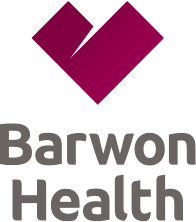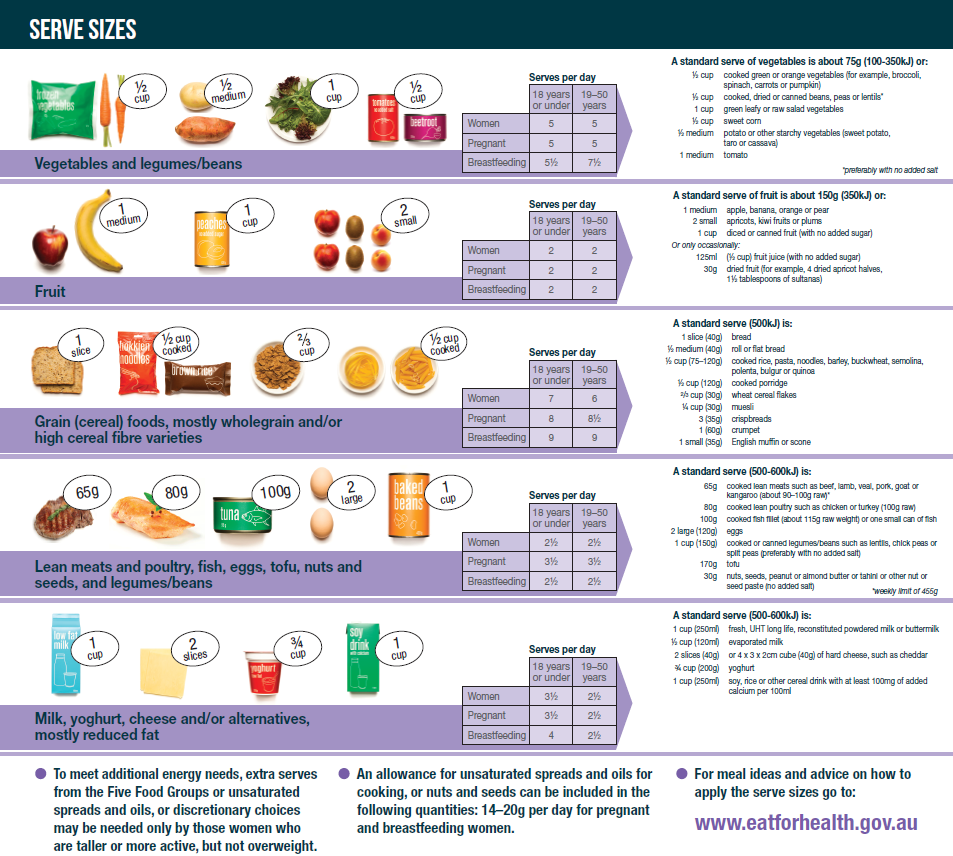Eating well and food safety
Eating well during pregnancy is important for you and your baby. Pregnancy increases you need for many nutrients such as protein, calcium, iron and certain vitamins. Only a small rise in additional calories is needed. It is therefore important to look at the quality of the food you eat and serving sizes.
Planning regular meals by using a food group guide will ensure variety and help you to meet most of your nutritional requirements. If you often skip meals you may find it difficult to eat well and get enough nutrients.
Click here to download the full document.
While it is important for all people to practise safe food handling it is particularly so when starting a family. You can reduce the risk of developing Listeria (bacteria found in soil) or other food borne infections, such as gastroenteritis or Toxoplasmosis (a parasite found in raw meat and cat faeces) by following some basic hygiene and food storage rules:Food safety
- Wash your hands before preparing food and between handling raw and ready-to-eat foods
- Keep stored food covered
- Thoroughly wash fruit and raw vegetables before eating or juicing
- Thoroughly cook all food of animal origin, including eggs
- Keep hot foods hot (above 60ºC)
- Reheat left over food until steaming hot. Only buy ready-to-eat hot food if it’s steaming hot
- Store raw meat, raw poultry and raw fish on the lowest shelves in the refrigerator to prevent them dripping onto cooked food or ready to eat foods
- Keep cold food cold (at or below 5ºC) and keep your refrigerator clean
- Place all cooked food in the refrigerator within an hour of cooking
- Strictly observe use-by dates on refrigerated foods
- Do not handle cooked foods with the same utensils (tongs, knives, and cutting board) used on raw
It is best to avoid these high risk foods during pregnancy
Foods |
Examples |
|
| Pre-cooked cold meat products | 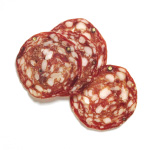 |
Pre-cooked meat products if e.g. paté, sliced deli meat, cooked diced chicken |
| Soft cheeses | 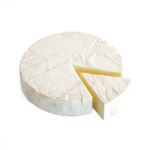 |
e.g. brie, camembert, ricotta, feta |
| Seafood |  |
Uncooked, smoked or ready-to-eat seafood e.g. smoked fish or mussels |
| Soft serve ice-cream |  |
Soft serve ice-cream or soft serve frozen yoghurt |
| Pre-prepared salads | 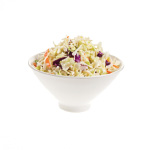 |
Pre-prepared coleslaw and salads e.g. from salad bars, delicatessen |
| Raw milk & egg |
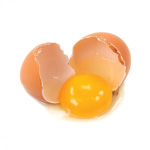 |
Raw (unpasteurised) milk or food made from raw milk, or raw eggs
|
Last Modified: Wednesday, 25 September 2019
